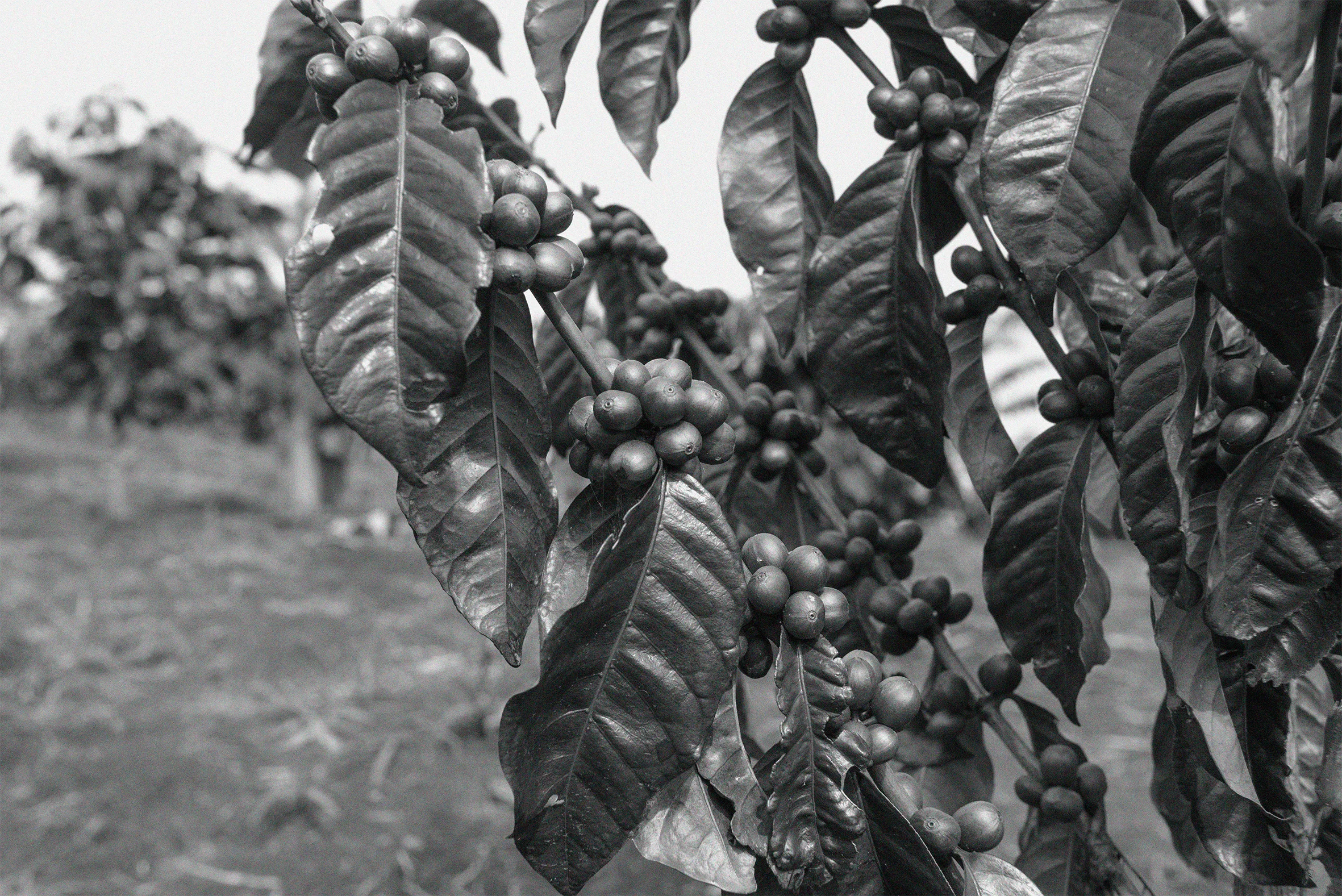RUNRES is a project that addresses the nutrient gradient between urban and rural areas. Broadly speaking, nutrient mining occurs in agricultural areas due to increased food production, while nutri- ents are accumulated in urban areas where food is consumed. The main objective of RUNRES is to co-design, test, implement and scale safe, (cost-)efficient, and socially acceptable innovations to valorise urban and rural waste resources and improve the circular economy related to food and agriculture. RUNRES achieved this by working with several transdisciplinary innovation platforms (TdIP) in Arba Minch, Ethiopia; Bukavu, eastern DR Congo; Kamonyi, Rwanda; and Msunduzi, South Africa. The project aimed to improve environmental and human health, household income and food security.












